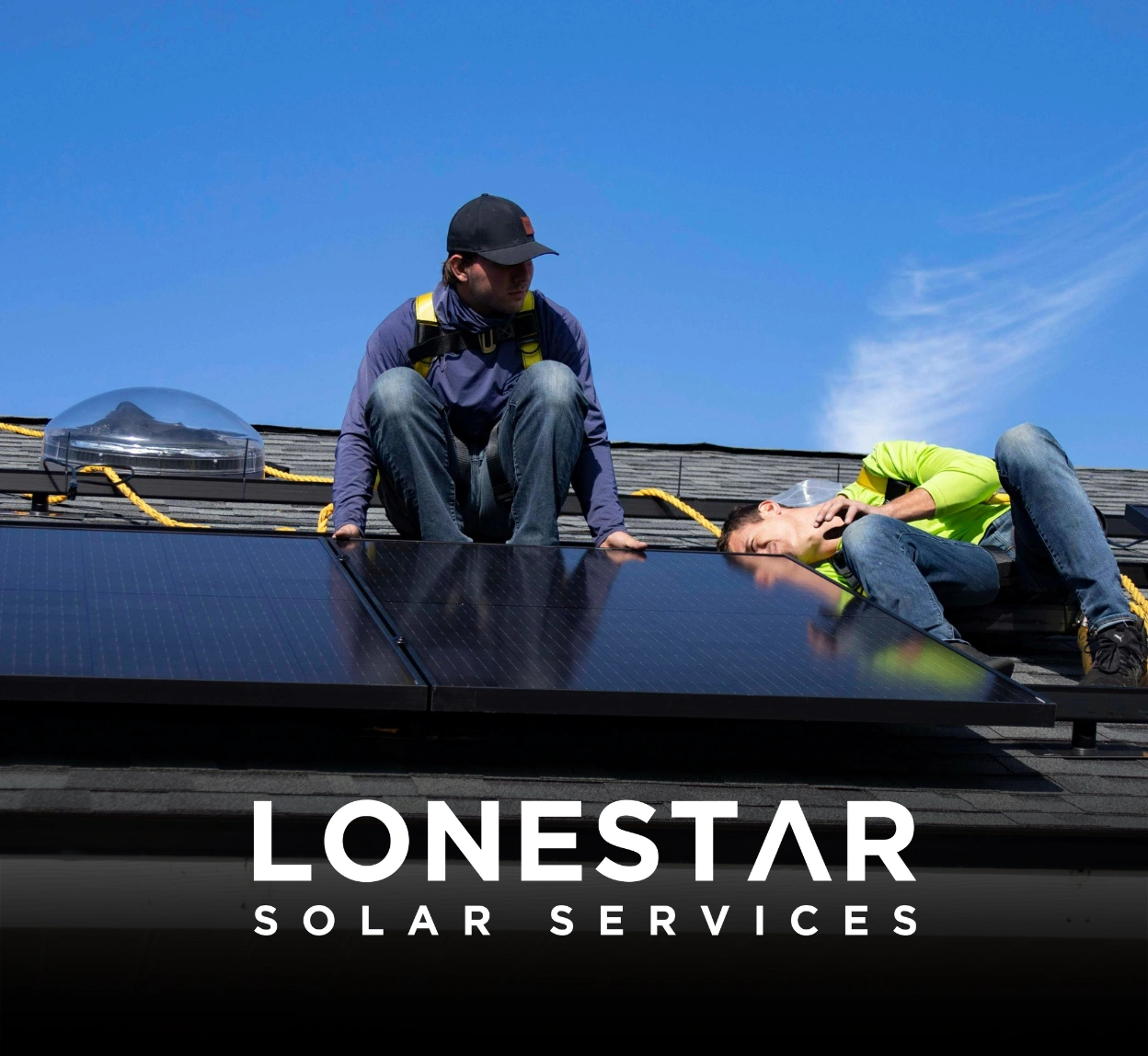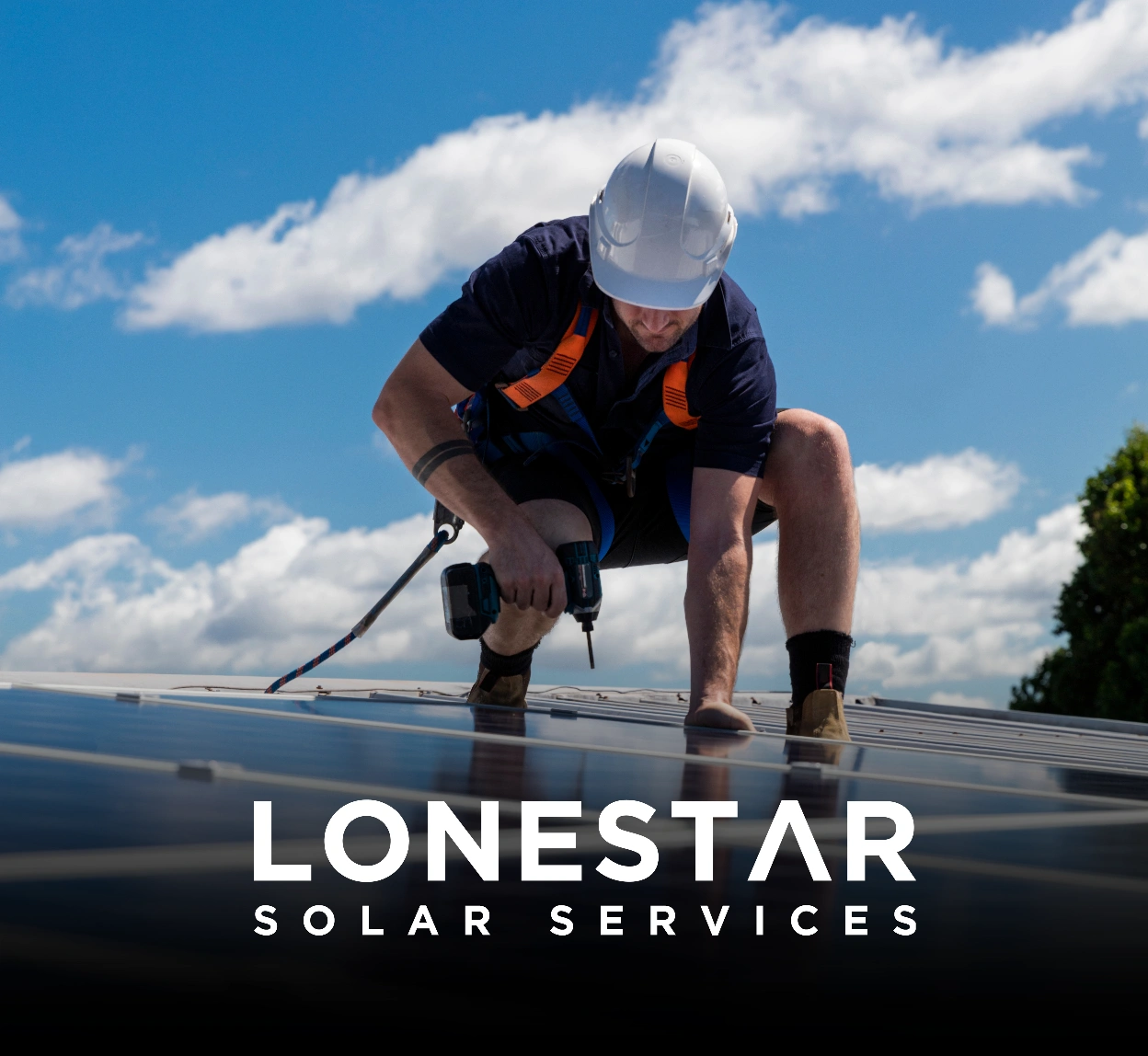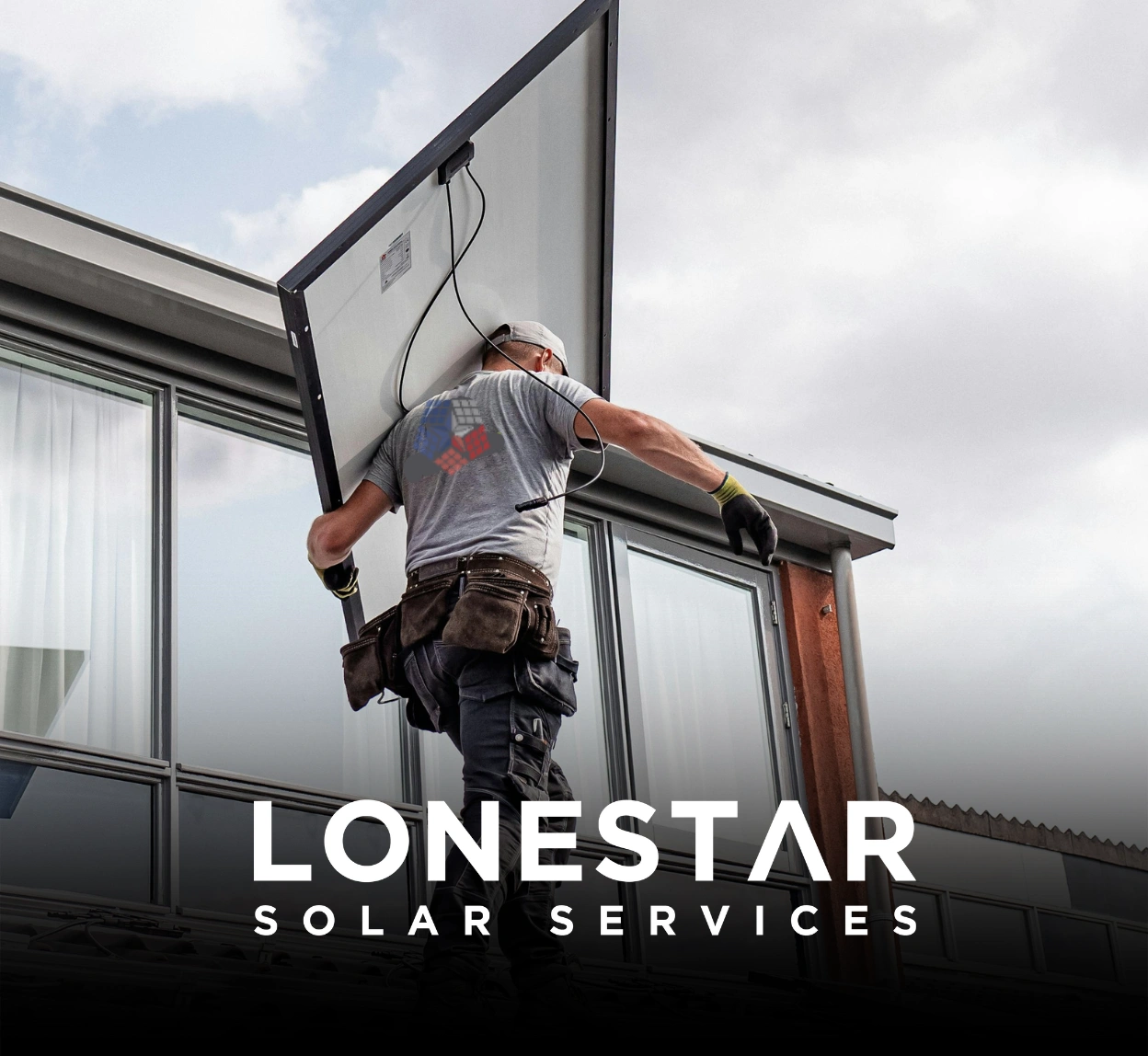Texas Solar Companies Going Bankrupt: What’s Happening?
Facing delays and uncertainties from Sunnova's 2025 bankruptcy and dozens of other failures, Texas homeowners navigate abandoned solar systems amid rising rates, policy changes, and industry consolidation.

Our Assessment of the Industry.
With dozens of Texas solar companies going bankrupt in 2023 and 2024, and major players like Sunnova Energy filing for Chapter 11 in 2025, we're getting asked the questions and looking for answers. The financial problems and bankruptcy risks within the residential solar industry are top of mind. This article gets to the root of what's causing these bankruptcies and what it means for the Texas energy landscape. Must read for homeowners, workers and investors impacted by the industry chaos.
Key Points: Factors Behind Texas Solar Company Bankruptcies
- Dozens of solar companies in Texas are going belly up due to economic downturns, with rising interest rates, financing hurdles and policy changes hitting the residential solar industry and a skilled labor shortage.
- The Texas solar company collapse is having a ripple effect across the industry, with delayed installations for residential customers, higher prices, less competition and job losses mirroring what's happening in other states.
- Homeowners affected by solar installer bankruptcies are left to deal with warranty issues and transition to new providers, while the broader Texas solar industry remains optimistic with state policies and federal tax credits driving growth.
- UPDATE 2025: Sunnova Energy, one of the largest residential solar financiers, filed for Chapter 11 bankruptcy in June 2025, affecting thousands of Texas installers and homeowners who depended on their third-party ownership model.

Texas Solar Companies Rise and Fall
Texas was the bright spot in the solar industry with a flood of solar companies popping up across the state to power homes and businesses. But the announce of closures from some of the biggest players in the residential solar space, the industry is still dizzy from the punch. It's worth noting that this wasn't limited to Texas; it's a national phenomenon with interest rates climbing, financing hurdles and policy changes causing industry wide turmoil.
After failing to land a buyer, Titan Solar abruptly announced their bankruptcy in June 2024, a decision that has left thousands of homeowners out to dry with few solutions in sight. The bankruptcies of several other Texas solar companies has created a lot of uncertainty. Homeowners are losing big time. They invested in solar panels expecting long term savings and now are left with unfinished projects and no way to get a refund. Workers are losing their jobs and employment opportunities aren't what they used to be. The sudden exit of these companies reduces competition and can impact service and pricing. Overall it affects many parts of the market from customers with unfinished projects to investors reevaluating their solar investments.
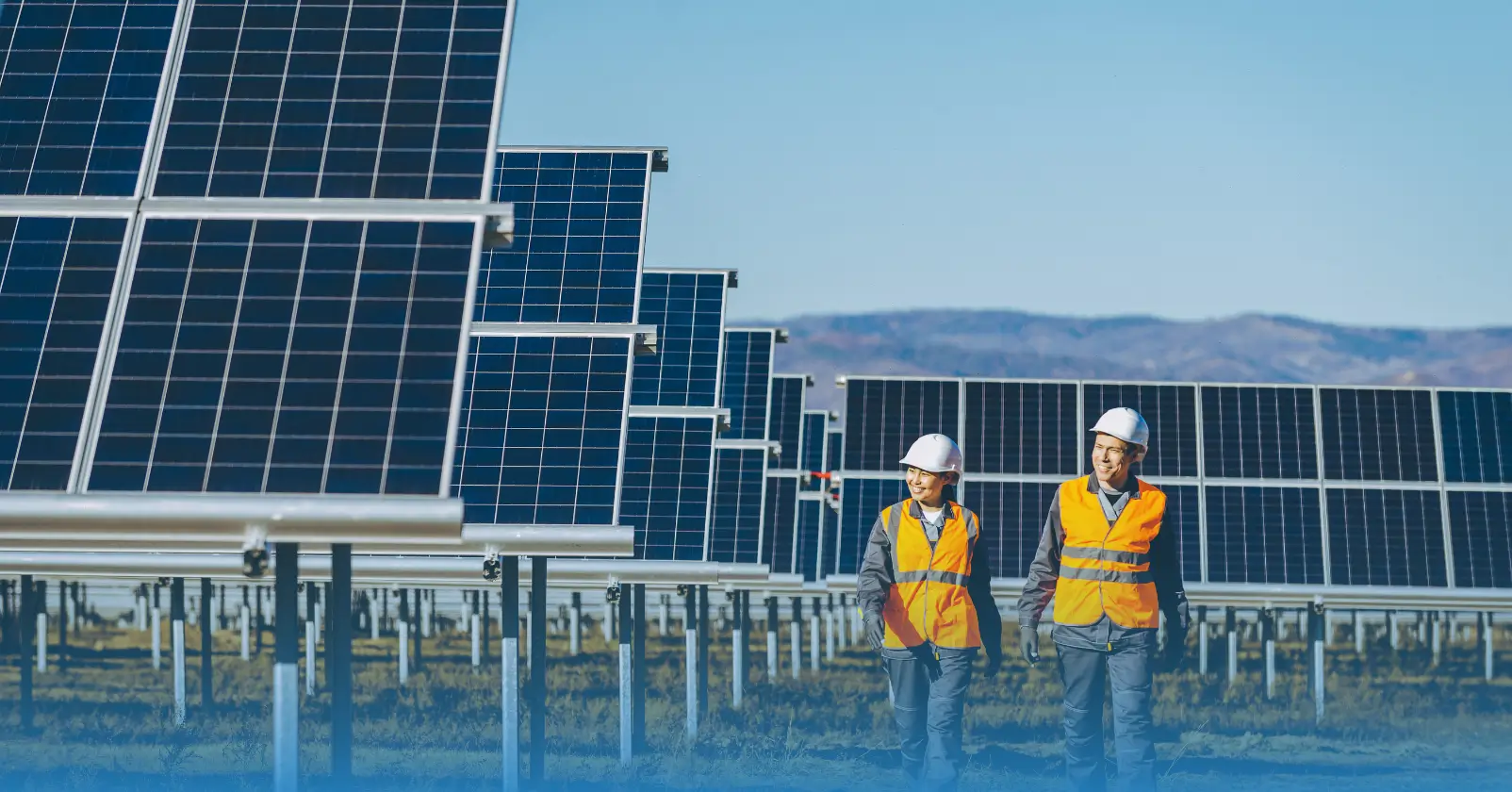
The Sunnova Collapse: A Major Industry Shakeup
In June 2025, Sunnova Energy, one of the nation's largest residential solar financiers based in Houston, filed for Chapter 11 bankruptcy protection. This collapse sent shockwaves through the Texas solar industry, as Sunnova had been a major player in financing and installing residential solar systems across the state.
Sunnova's Flawed Financial Model
Sunnova's business model centered on third-party ownership (TPO), where they would own solar systems and lease them to homeowners through power purchase agreements or leases. While this model initially helped make solar accessible to homeowners who couldn't afford upfront costs, it ultimately proved unsustainable for several reasons:
- High Debt Burden: Sunnova accumulated over $8.5 billion in debt, making them extremely vulnerable to interest rate increases.
- Delayed Installer Payments: Local installers who partnered with Sunnova often faced delayed or reduced payments, creating cash flow problems throughout their network.
- Policy Vulnerability: The model depended heavily on federal Investment Tax Credits (ITC), which came under threat from policy changes in 2025.
- Rising Interest Rates: As the Federal Reserve raised rates, Sunnova's borrowing costs soared, making their leases less attractive to homeowners and crushing their margins.
Impact on Texas Installers
Sunnova's collapse was particularly devastating for Texas solar installers because:
- Payment Delays: Installers waiting on payments from Sunnova were left with mounting debts and unable to pay their own workers
- Abandoned Projects: Thousands of installations were left incomplete when Sunnova ceased funding
- Lost Operating Capital: Many smaller installers who depended on Sunnova for project financing were forced to close
- Workforce Reduction: Sunnova laid off 55% of their workforce (718 jobs) just days before filing bankruptcy
The company had already shown signs of distress, cutting 15% of staff in February 2025 and warning of "substantial doubt" about its viability. The final blow came when the Trump administration cancelled a nearly $3 billion federal loan guarantee in May 2025.
Economic Downturn and Solar Challenges
As the Federal Reserve raised interest rates, solar companies with poor operational health experienced the perfect storm. The resulting higher borrowing costs stifled consumer interest in solar and put pressure on big and small companies alike. Smaller solar contractors felt the squeeze of higher working capital costs, proof that the solar industry is not immune to the broader economy.
But that wasn't all. The Inflation Reduction Act boosted demand for electricians and inadvertently exposed the severe shortage of skilled labor to meet that demand, especially in Texas where long wait times were scaring off consumers from going solar. With electrician retirements outpacing new entrants and the difficulty in recruiting young talent, the solar industry had a big bottleneck.
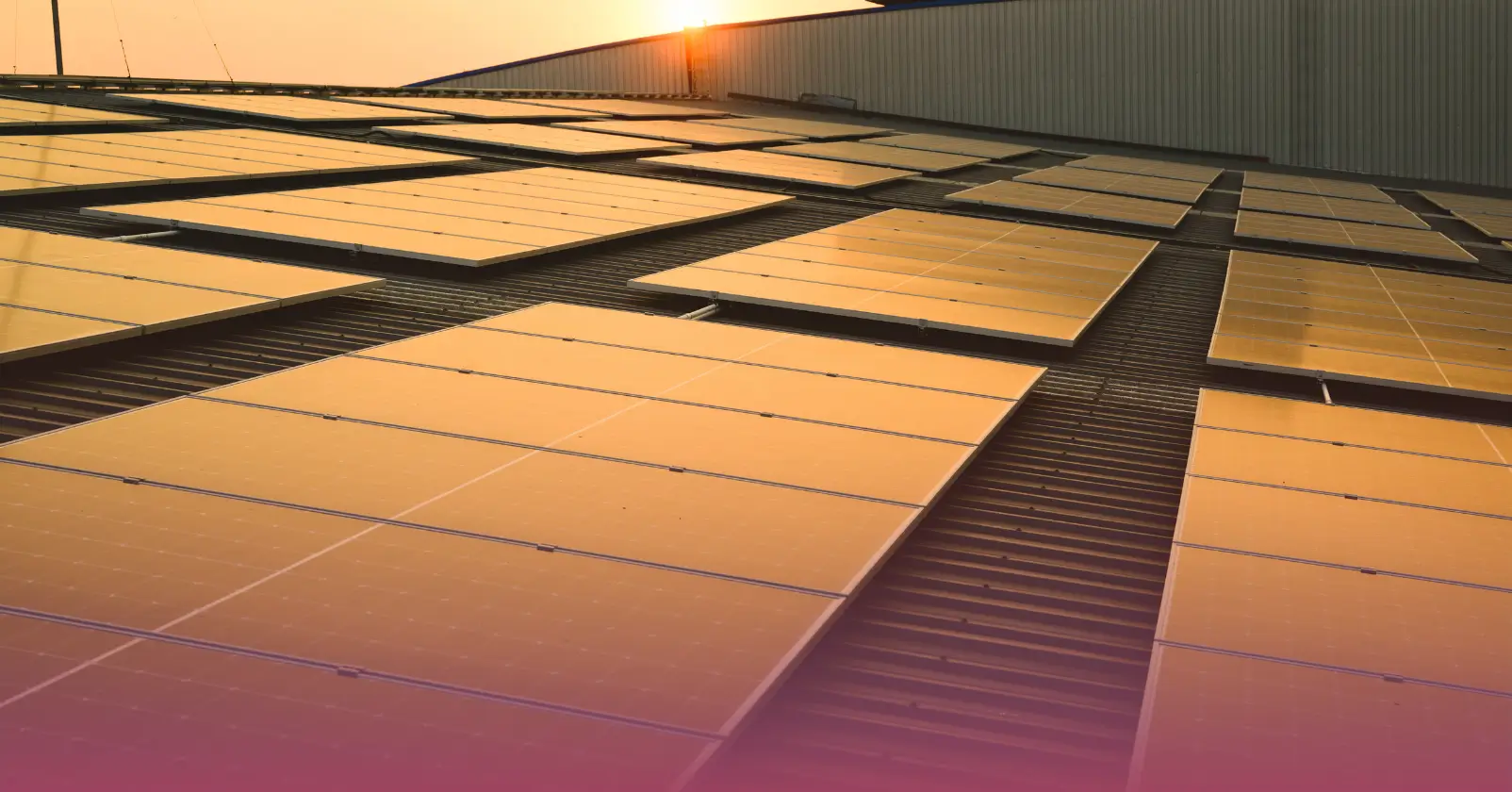
Texas Solar Bankruptcies Domino Effect
The Texas solar company bankruptcies domino effect spread across the industry as one company after another went down. Contractors were dealing with delayed payments due to changes in solar lending and solar EPC's were forced to take inventory of their business model. With rising electricity rates in Texas, the promise of solar savings became even more appealing, but the instability in the installer market left many homeowners unable to access these benefits.
Updated List of All Bankrupt Solar Companies in Texas (2023-2025)
Major Bankruptcies (2024-2025)
- Sunnova Energy - Chapter 11 filed June 2025 (Houston-based, $8.5 billion in debt)
- Titan Solar Power - Bankruptcy June 2024 (left thousands with unfinished projects)
- SunPower - Filed bankruptcy August 2024
- Pink Energy - Bankrupt 2024
- ADT Solar - Exited Texas market 2024-2025
Earlier Bankruptcies (2023-2024)
- Lumio
- Suntuity Renewables
- Kayo Energy
- Alternative Solar
- American Sun
- Daybreak Solar Power
- Envirosolar
- Hitech Solar
- Integrity Solar
- Next Energy
- Speir Innovations
- TES Home Solar
- Texas Solar Broker LLC
- Verisolar
- Vulcan Solar
- Wells Solar & Electrical Services
- Sunworks
- MC Solar
- Harness Power
- ASA
- NM Solar Group
- Erus Energy
- Kuubix Energy
- Vision Solar
- Solcius
Residential Solar Customers
For residential solar customers, the bankruptcy wave meant a world of delays and uncertainty. As solar installations ground to a halt, homeowners were left wondering if their projects would ever be completed and if their investments were safe. The shake up could also stifle competition in the industry which could lead to price increases and lower service, for current and future customers. Many found themselves researching what to do when their solar installer disappears.
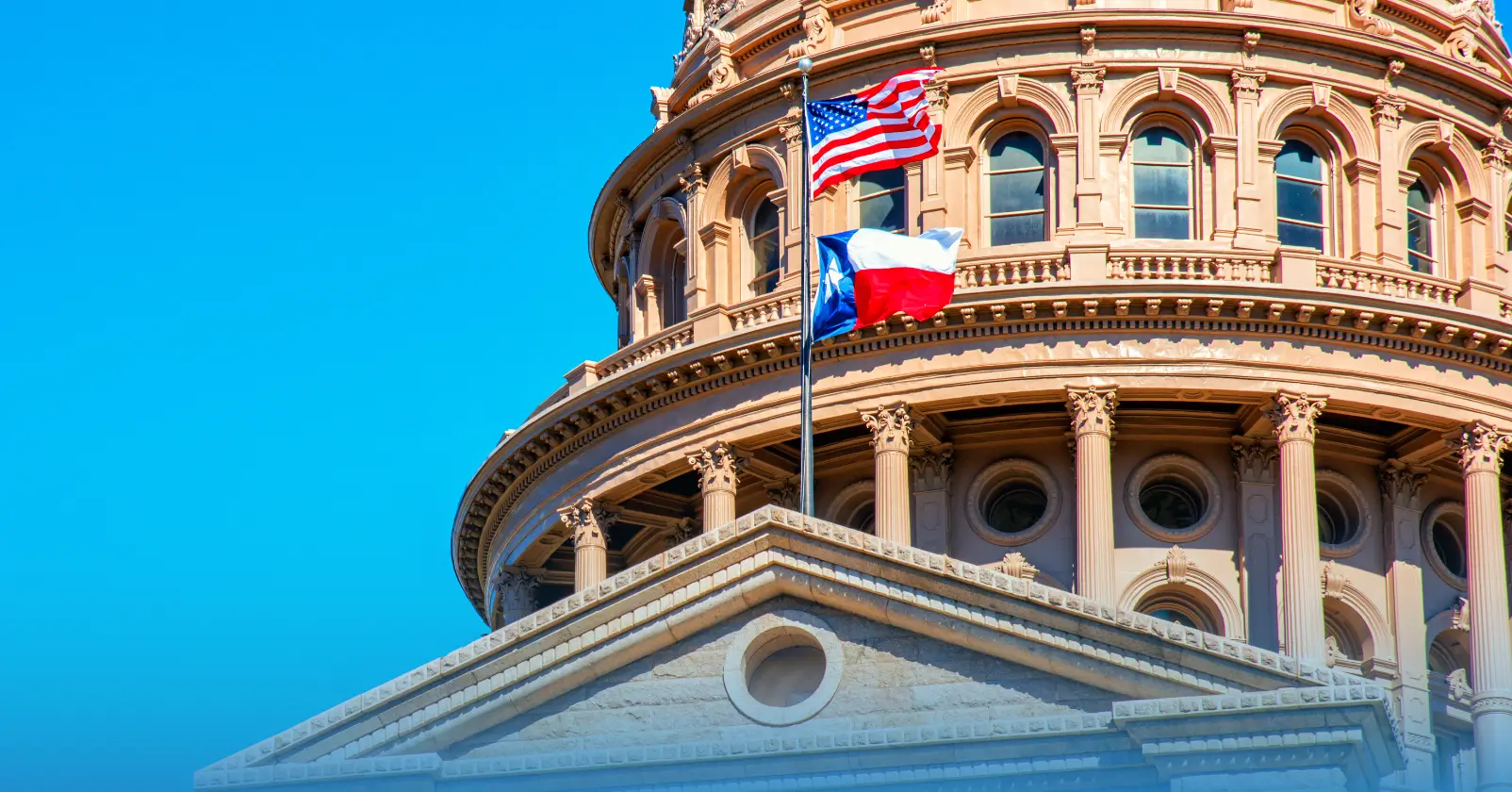
What Happens to Your Solar System When the Installer Goes Bust?
After an installer goes bankrupt, homeowners are left in a tough spot, unsure of their solar system's future. Chapter 11 bankruptcies can be a lifeline, allowing warranties and other obligations to be honored by any entity that acquires the bankrupt company. But for many, reaching out to equipment manufacturers for warranty covered repairs is the go to solution as they can recommend certified installers to finish the troubled installations.
The reality is that finding local solar companies or electricians to take over can be tough, as many are reluctant to assume the liabilities and problems of another company's work. Homeowners should follow these 5 key steps after solar installer bankruptcy to protect their investment.
Warranty and Maintenance
Looking elsewhere, like third party warranties and independent Operations and Maintenance (O&M) packages can give homeowners a safety net so their solar systems keep working even if the original installer goes under. The transfer of assets and warranty obligations to an acquiring company can be a lifeline for continued support. Learn more about O&M services for abandoned solar systems.
New Service Providers
Finding a new solar service provider is a process. Homeowners need to research providers' track records to make sure their industry experience and service quality matches their expectations. Reading through reviews and testimonials are also a good roadmap to follow if you're looking to identify a reputable installer.
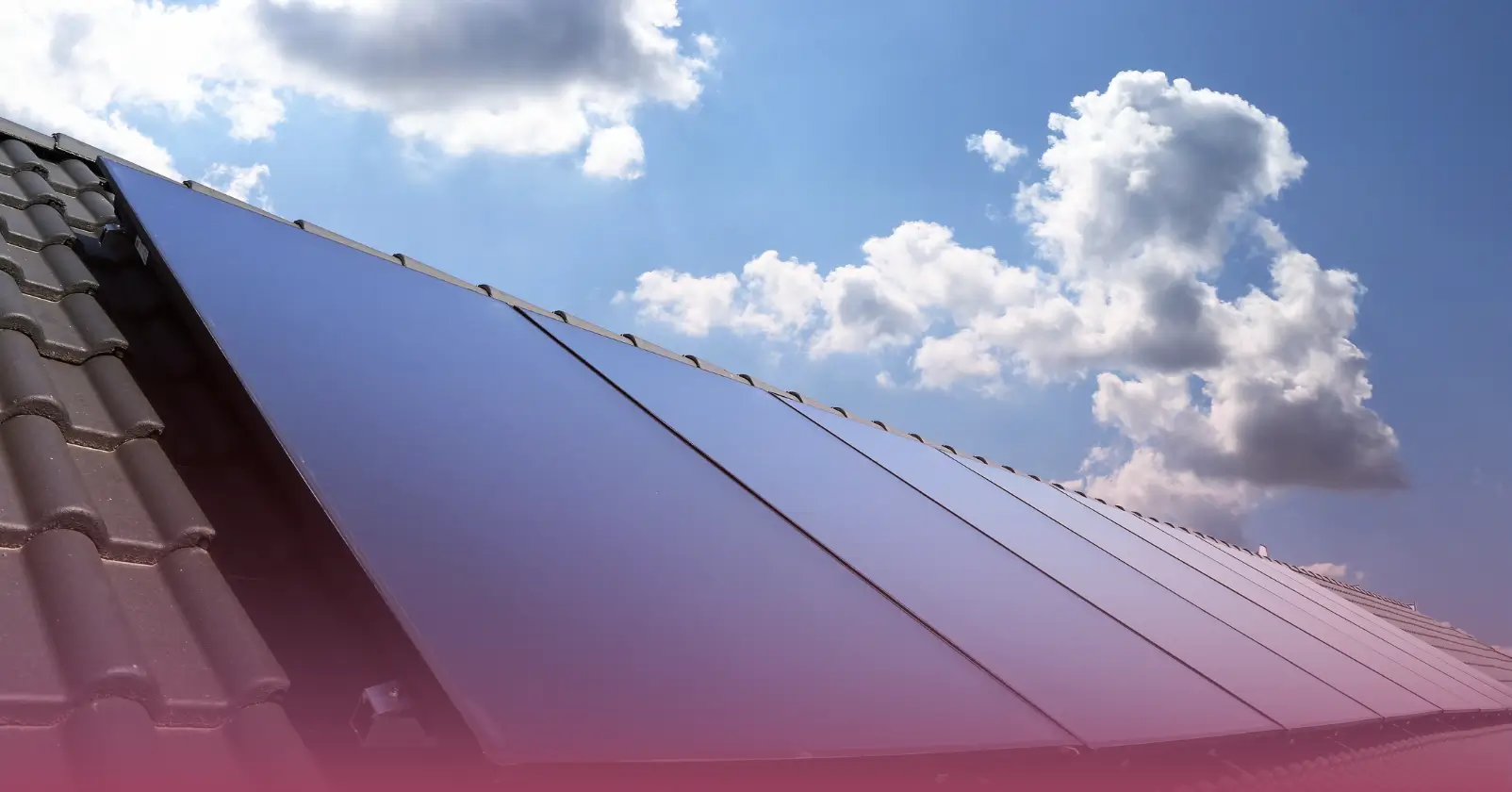
Due Diligence
In the pursuit of solar energy, due diligence is the guiding light for prospective customers. Looking for installers with reputable certifications, a 3 year track record and the right credentials can keep customers away from companies that will leave the market before the warranties and service agreements are up. Full transparency from installers, clear explanations of the installation process, pricing, and an ability to answer questions are the signs of a solar partner you can trust.
And personal referrals can fill the gap between uncertainty and confidence in your decision.
Financial Stability and Business Longevity
A solar company's longevity is often tied to their ability to provide ongoing customer support and honor long term commitments like warranties. Being in business for a long time means stability and the ability to address future system upgrades, maintenance and warranty issues so customers can have peace of mind. Understanding different solar financing options can also help homeowners make more informed decisions about which companies are likely to remain stable.

How to Choose a Solar Partner in Texas
Choosing a solar partner in Texas means homeowners have to navigate through a maze of credentials, consider financing options and compare services. Innovative financing options like solar panel leasing which requires little to no upfront cost can make solar more accessible to consumers.
And comparing quotes from at least 3 different solar installation providers including a solar installer is a key step to finding the right balance of price and service.
Solar Company Credentials
A solar company's credibility and work quality can be measured by reading online reviews and testimonials from past customers. 20-30 reviews on Google, Yelp and Angie's can be a good indicator of the company's reputation.And personal recommendations from friends and neighbors with solar can add credibility to the decision. Another crucial step is verifying the company's electrical license through the Texas Department of Licensing and Regulation (TDLR) website, as this ensures they're legally qualified to perform solar installations in Texas.
Solar Financing Options
Texas homeowners have many solar financing options available. From cash payments and solar loans to leases and tax incentives the financial path to solar can be customized to your needs. Solar loans allow homeowners to spread the cost of solar panels over time and secured loans can have lower interest rates because of collateral.
Solar leasing also known as solar leases is a no upfront cost option but doesn't give the lessee tax incentives or rebates. Cash purchases eliminates interest payments and can increase the return on investment. If a solar system is financed through a loan the financing company may step in to help with service provider transitions or discuss payment deferment options if the system needs non-repairable parts. Learn more about the federal solar tax credits available.
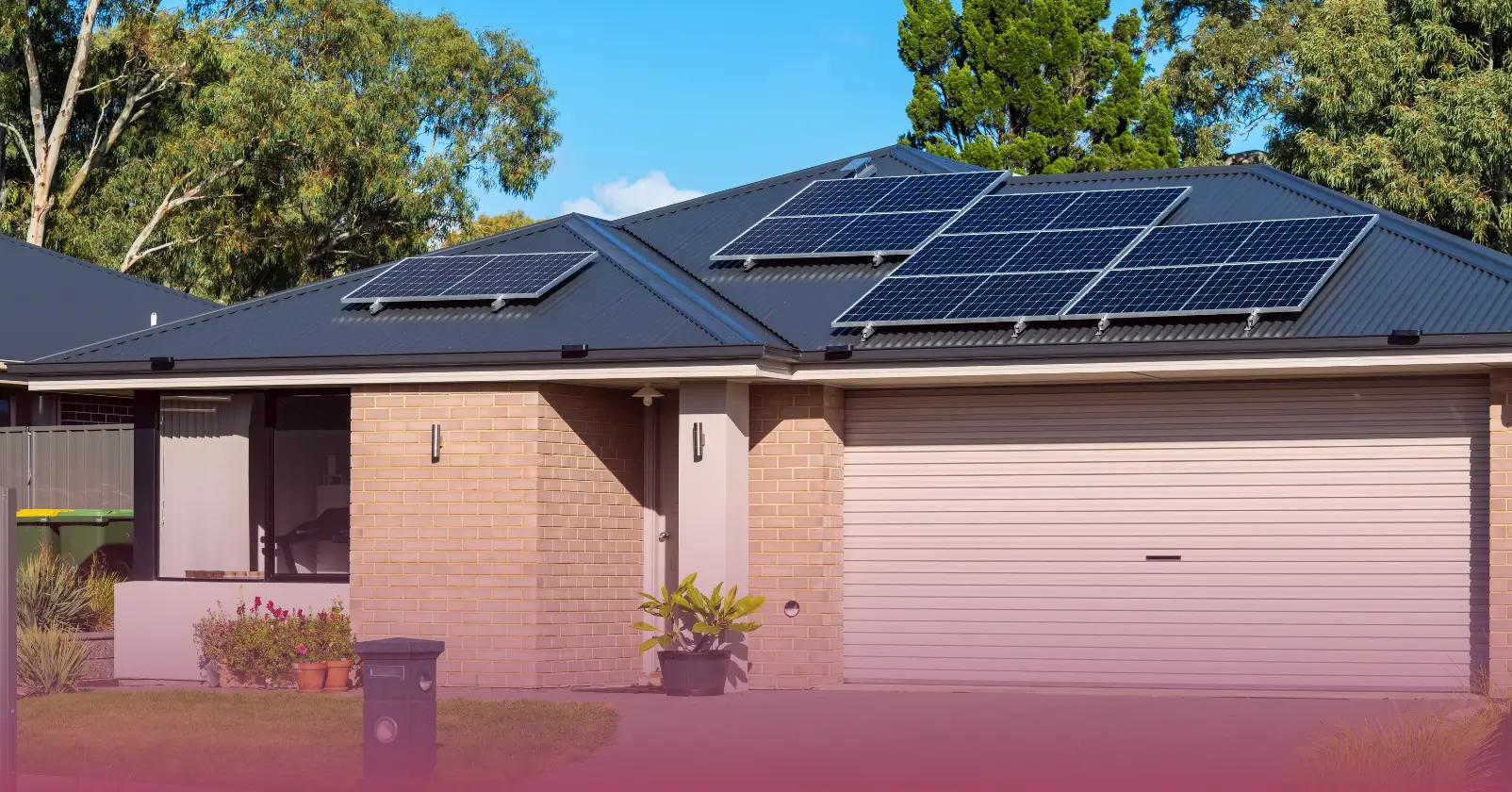
The Future of Solar in Texas
Despite the recent challenges in the Texas solar industry the future looks bright with recovery and growth on the horizon. Analysts are expecting the industry to bounce back and with continued state policy and incentives support, solar will be a bright spot on the state's energy landscape. The growing demand from data centers and grid capacity needs will likely drive further solar adoption.
Innovations and Market Shifts
A shift is happening in the Texas solar market as solar generation surpassed coal for the first time in the state's electricity mix. That's a big step towards a renewable energy powered future. Texas is leading the nation in solar installations and will contribute a big chunk of the new solar capacity growth so the state is all in on solar.
Funding is strong as evidenced by the influx of capital with over $27 billion invested in the solar industry in the 4th quarter of 2023 alone. Federal grants are fueling this trend by providing funds to expand solar access in underserved communities and training programs. New solar panel manufacturing facilities and large solar farms in Texas are showing the state's commitment to be a solar leader.
Projects like the Sunnyside Solar Farm in Houston are examples of the innovation happening in the rooftop solar industry turning underutilized spaces into clean energy generators. Additionally, homeowners are increasingly considering off-grid vs grid-tied solar options to maximize their energy independence.

State Policies and Incentives
State and federal tax credits are the fuel for the Texas solar industry and make solar panels a viable option for homeowners. As Texas creates an environment for solar development and supports entrepreneurs and startups the industry will continue to grow with policy driven momentum and financial incentives. However, recent discussions about the Big Beautiful Bill's impact on residential solar have created some uncertainty about future federal support.
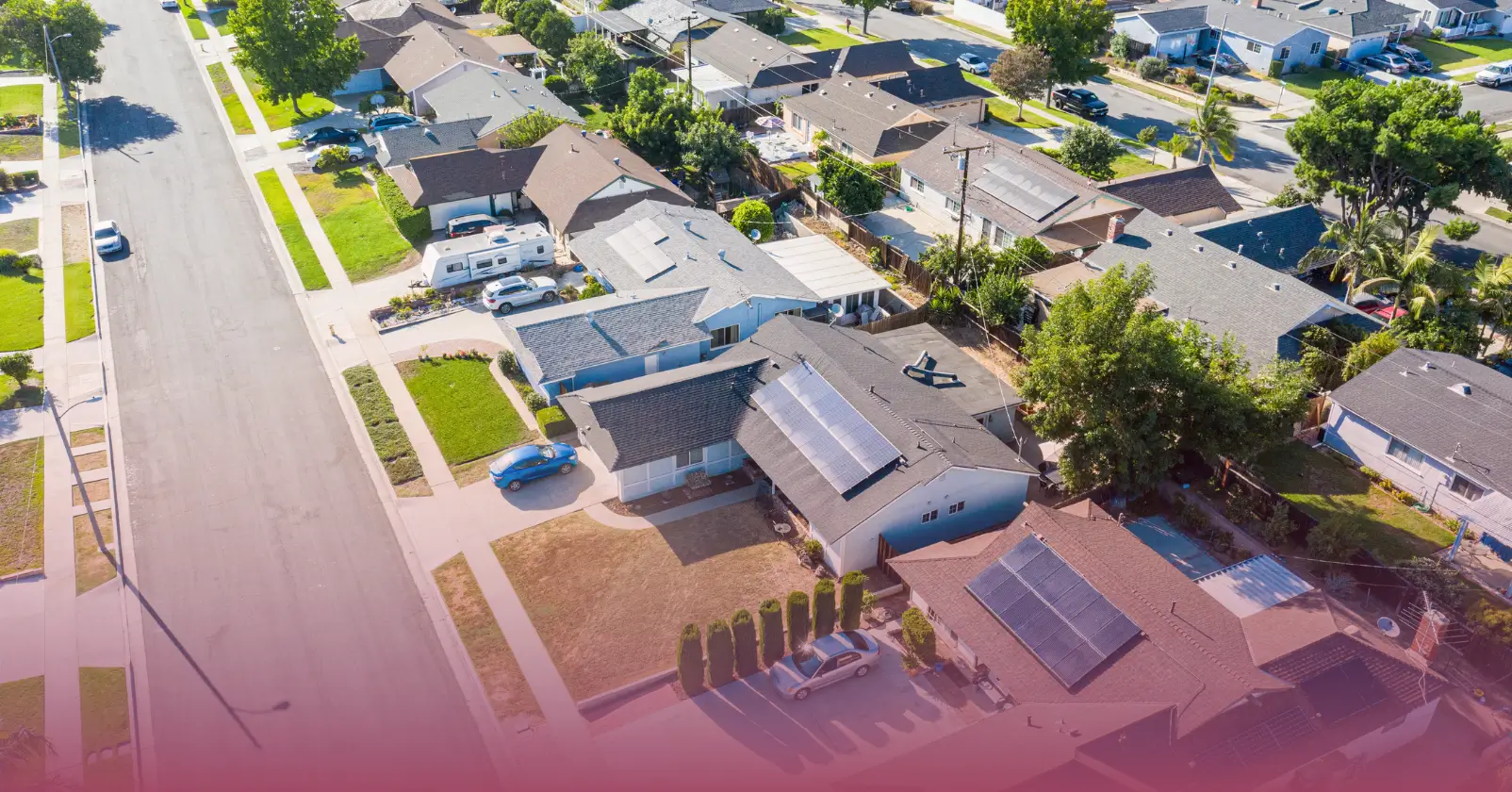
Conclusion
After all the recent challenges including the major Sunnova bankruptcy in 2025, the Texas solar industry is at a crossroads between its troubled past and a bright future. The collapse of Sunnova's third-party ownership model particularly highlights the vulnerability of financing-dependent business models in the face of rising interest rates and policy uncertainty.
For homeowners with existing solar systems from failed companies, the path forward involves securing new service providers and ensuring warranty coverage. For those considering solar, the current market turbulence underscores the importance of choosing financially stable installers with proven track records.
The lessons from the bankruptcies are warnings and signals for a more robust and sustainable solar market. For homeowners and industry players alike the key is due diligence, innovation and leveraging the state policies and incentives. As the sun rises over Texas the opportunity for a bigger and better solar future is still there and we can all be a part of the energy revolution.
FAQs
What if my solar installer goes bankrupt?
If your solar installer goes bankrupt check if it's a Chapter 11 bankruptcy as this may allow the company to honor their warranties and obligations. Contact the equipment manufacturer for warranty repairs, consider third-party partners like Solar Insure and find a new service provider with a good industry reputation and verifiable credentials. For Sunnova customers specifically, reach out to local O&M service providers who specialize in rescuing abandoned systems.
How do I protect my solar investment?
Protect your solar investment by choosing a financially stable and certified solar company with a good warranty record. Research, compare quotes and consider cash purchases or secured solar loans to minimize financial risk. Avoid companies heavily dependent on third-party ownership models or those showing signs of financial distress.
Are there solar installations in Texas with no upfront costs?
Yes, Texas homeowners can lease or do power purchase agreements to install solar panels with no upfront costs but may not be eligible for tax incentives or rebates. However, be cautious of companies like Sunnova that relied heavily on these models, as they've proven vulnerable to market changes.
What's the future of the Texas solar industry after the bankruptcies?
It's still bright. Innovation, state policies, solar incentives and investment and solar access in low income and underserved communities. The industry consolidation may lead to stronger, more financially stable companies that can better serve Texas homeowners for decades to come.









